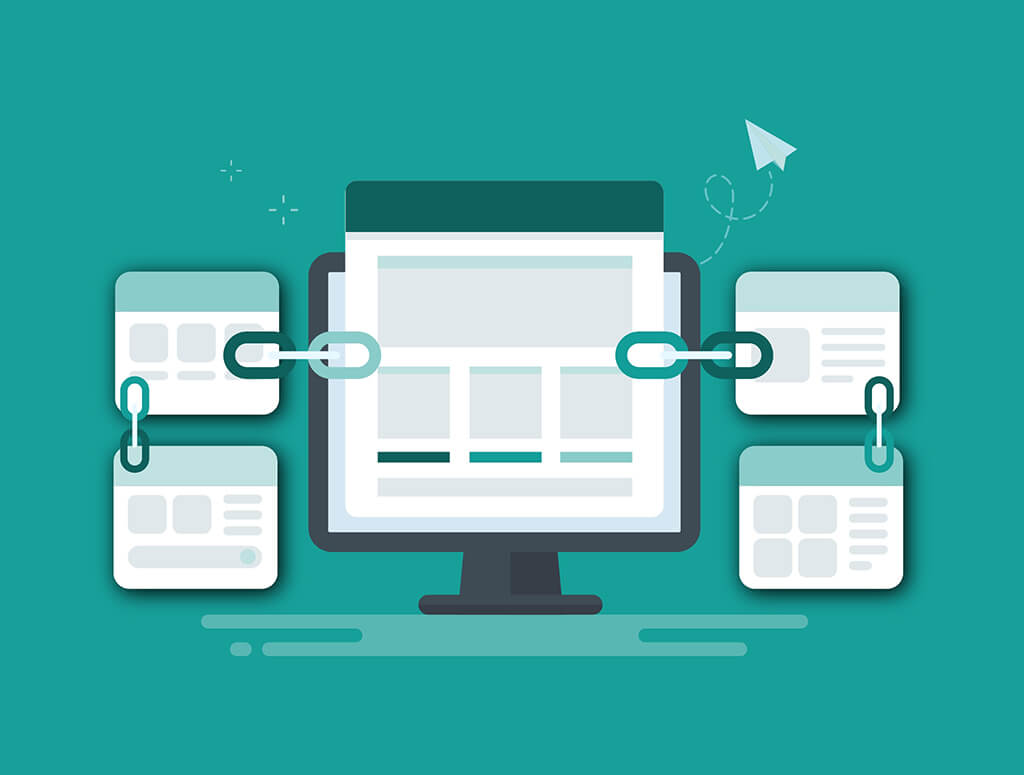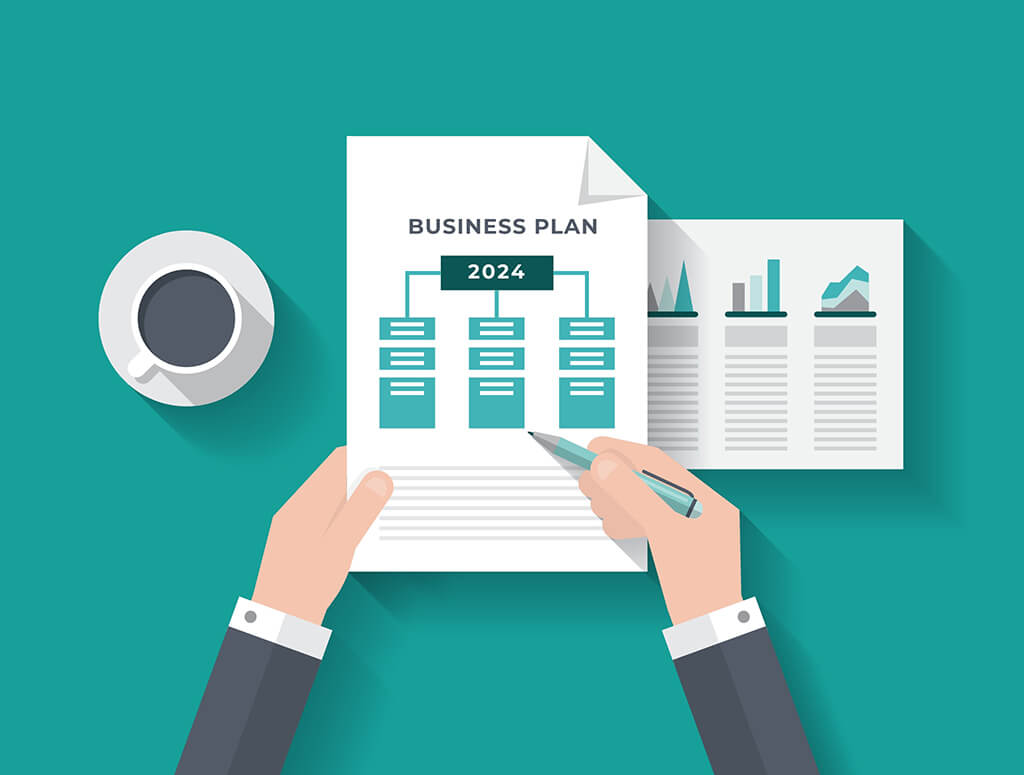Top tactics to generate more qualified leads
This coming year is all about how to maximise your website’s full potential.
To ensure you’re attracting the right audience who will engage with your content and take the next step of making a purchase, you have to make your website the most powerful tool in your marketing kit.
Think about it for a second. What do you do when you want information about a brand or product? You fire up your laptop or tablet and go searching on the internet. What you find shapes your perception of the company you are researching. Do they come across as trustworthy, friendly and knowledgeable? Is the information you want easy to find? The answers to these questions will determine whether you buy or click off to another site.
Likewise, your website provides you with a fantastic opportunity to communicate your brand and values to a captive audience.
Therefore, during the course of the year, we’ll be providing you with crucial insights into how to do this well. Before that, here is a sneak peek of some of the things we will be discussing.
Write an awesome about us page
Everything starts with the about us page, which should be wielding a mighty marketing muscle. This is often the most overlooked part of a company’s website, yet it is one of the first things your visitors will look at. It exists to answer key questions potential customers may have about the type of company they’re dealing with.
You see, when visitors land on a website, they are on fact-finding missions to discover who they should buy from. This page will help them to make that decision with content that is insightful, interesting and regularly updated. It should include your brand story, information about your team and demonstrate why clients should trust you.
In future newsletters, we’ll talk about the information that needs to be included and how to leverage it to your advantage.
Word of mouth matters
You can tell your customers about how fantastic you are as much as you like but, at the end of the day, it’s what others say about you that’s really going to count. Most people will trust recommendations from their peers and even from someone they don’t know. Not only should testimonials be on your website, but you also need to pay attention to what’s being said about you on Google Reviews. These are the first things a potential client will come across when they search online for a business.
We’re going to talk in detail about how to use testimonials and how to manage any negative reviews.
Get savvy with a Google My Business page
Google My Business has been around for several years, but today it is more important than ever. With this free tool, you can manage your online presence across Google’s suites of websites such as Google Search, Local Search, Google Maps and Mobile Search. This is where Google reviews are shown and responded to and also where you can add your business address, opening hours and a link to your website.
Later in the year, we will dive deep into how to create a Google My Business Page and how to claim ownership of one that already exists but cannot be accessed.
Strategies for online marketing success
In today’s competitive marketplace, every business should have an online presence because that’s where ever-increasing numbers of consumers are researching products and making purchasing decisions. But you can’t just set up a website and expect the world to come knocking on your door. You must draw in and engage your audience. There is a ton of online marketing tools out there to help you do this, such as Google Ads, landing pages, social media and SEO.
We will take each of these in turn and discuss how they work and how you can use them to achieve results.
Don’t forget offline marketing
Despite news of its demise, traditional offline marketing is not dead in the water. Far from it. If you are only using online marketing tools, you may not be taking full advantage of the marketing power at your disposal. Direct mail, billboards and paper ads are still excellent ways of increasing a brand’s awareness. They can also be combined with online marketing efforts to catapult the effectiveness of both channels.
In future newsletters, we are going to give you the lowdown on how to effectively promote your business outside of your website.
To summarise, your website should be the hub of your online marketing efforts. It’s where visitors will discover more about you and become invested in your brand.
PS: Websites are an integral part of the buying process, and therefore yours should be a marketing powerhouse that improves brand awareness and generates quality leads. Don’t think of it as an expense but more as a way to boost your bottom line.







